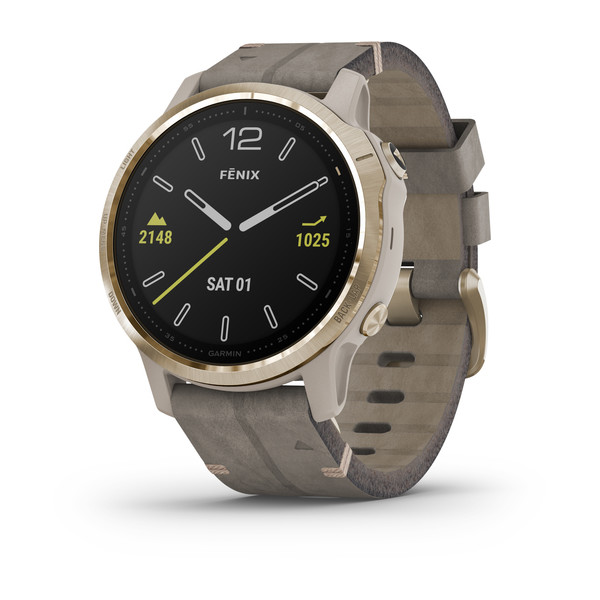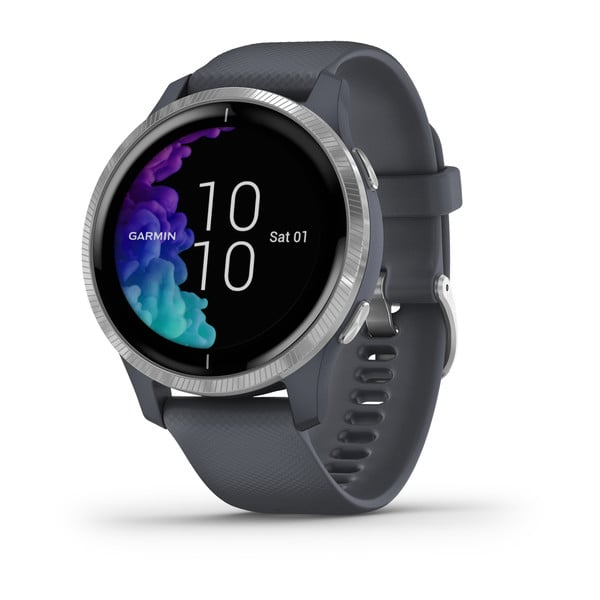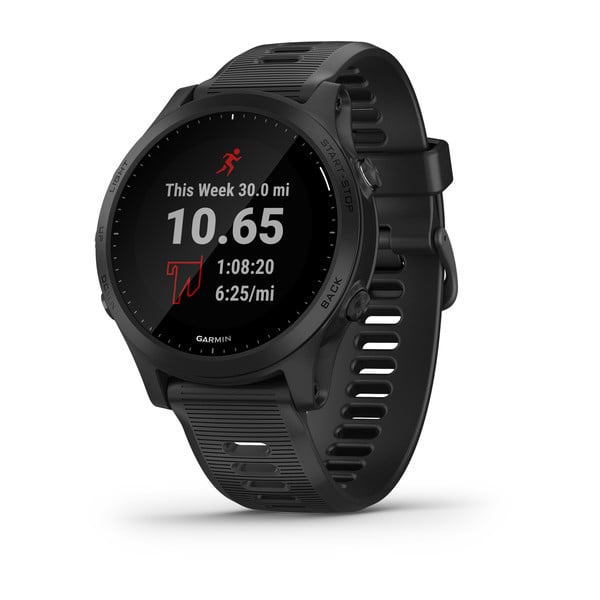
Stanford Scientists call on Garmin users to help beat COVID-19
Maybe you purchased your Garmin smartwatch to train for your first 5K. Or maybe you wanted to track your sleep. Or maybe you just liked the way it looked (hey, no judgement!). You probably didn’t purchase it to help researchers find the answers to a global pandemic, but here we are, and the data collected by your Garmin wearable can be part of the solution.
The Stanford Healthcare Innovation Lab recently launched the COVID-19 wearables study aimed at determining whether smartwatches (like your Garmin) can predict the onset of an infectious disease (like COVID-19) before actual symptoms are noticeable. This stems from a previous study conducted by Michael Snyder, Ph.D., professor and chair of genetics at the Stanford School of Medicine, which showed how specific patterns of heart rate variation can indicate illness, sometimes even while the individual is asymptomatic. Because of evidence that suggests many people were contagious before they presented symptoms, having this information early on could be extremely valuable in slowing and stopping the spread of infectious diseases.
For this study, Dr. Snyder is collecting data from Garmin wearable devices that have wrist-based heart rate. As a participant, you’ll agree to anonymously share data from your wearable (things like resting heart rate, activity and sleep). You’ll also be asked on occasion to fill out surveys that monitor your health status. From that data, Snyder and his team will create new algorithms to potentially detect when someone is getting sick. How quickly they can develop and verify the algorithms will depend on the number of participants who sign up for the study, Snyder said.
So let’s help them out! It’s easy, it’s safe and it’s pretty cool. Learn more and get enrolled here.
Garmin smartwatches were not designed or intended to monitor or diagnose diseases or other conditions.







